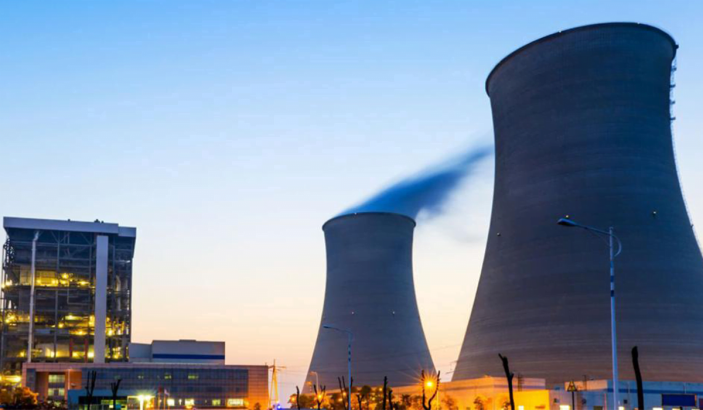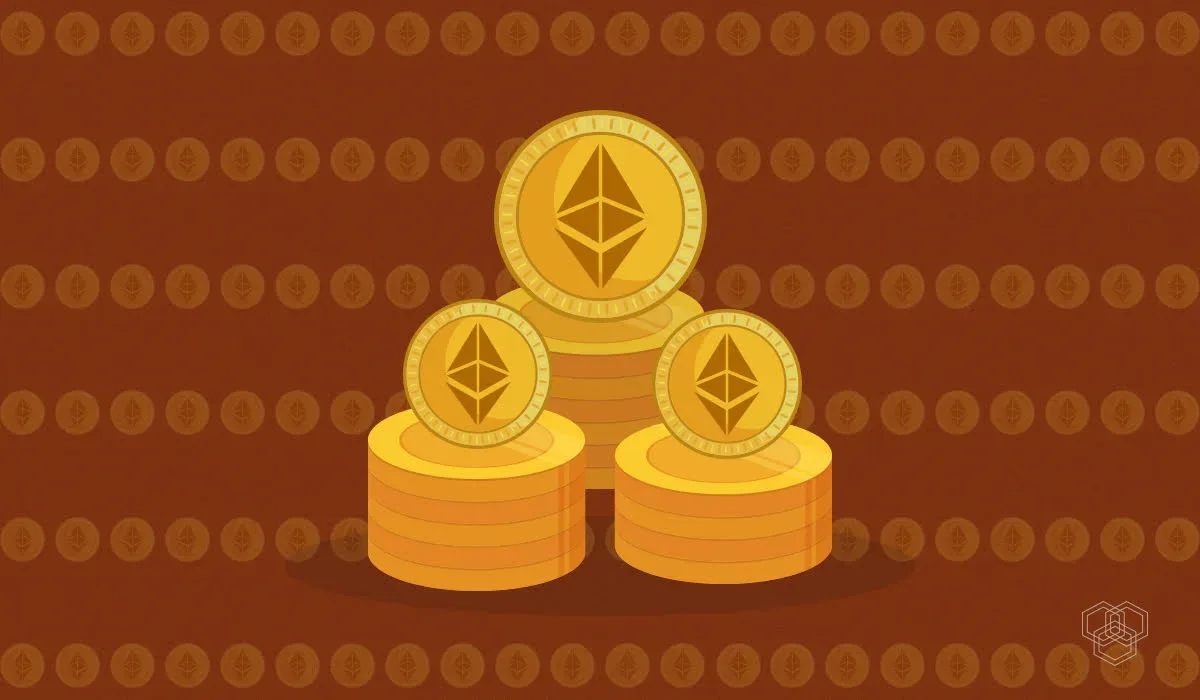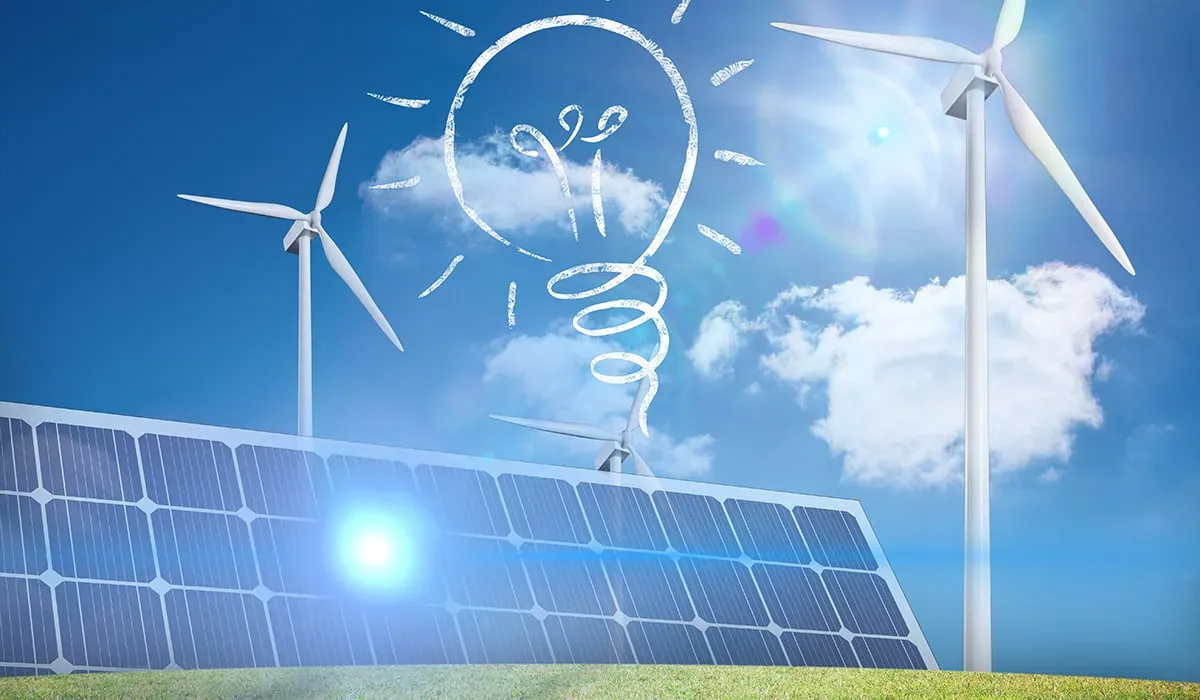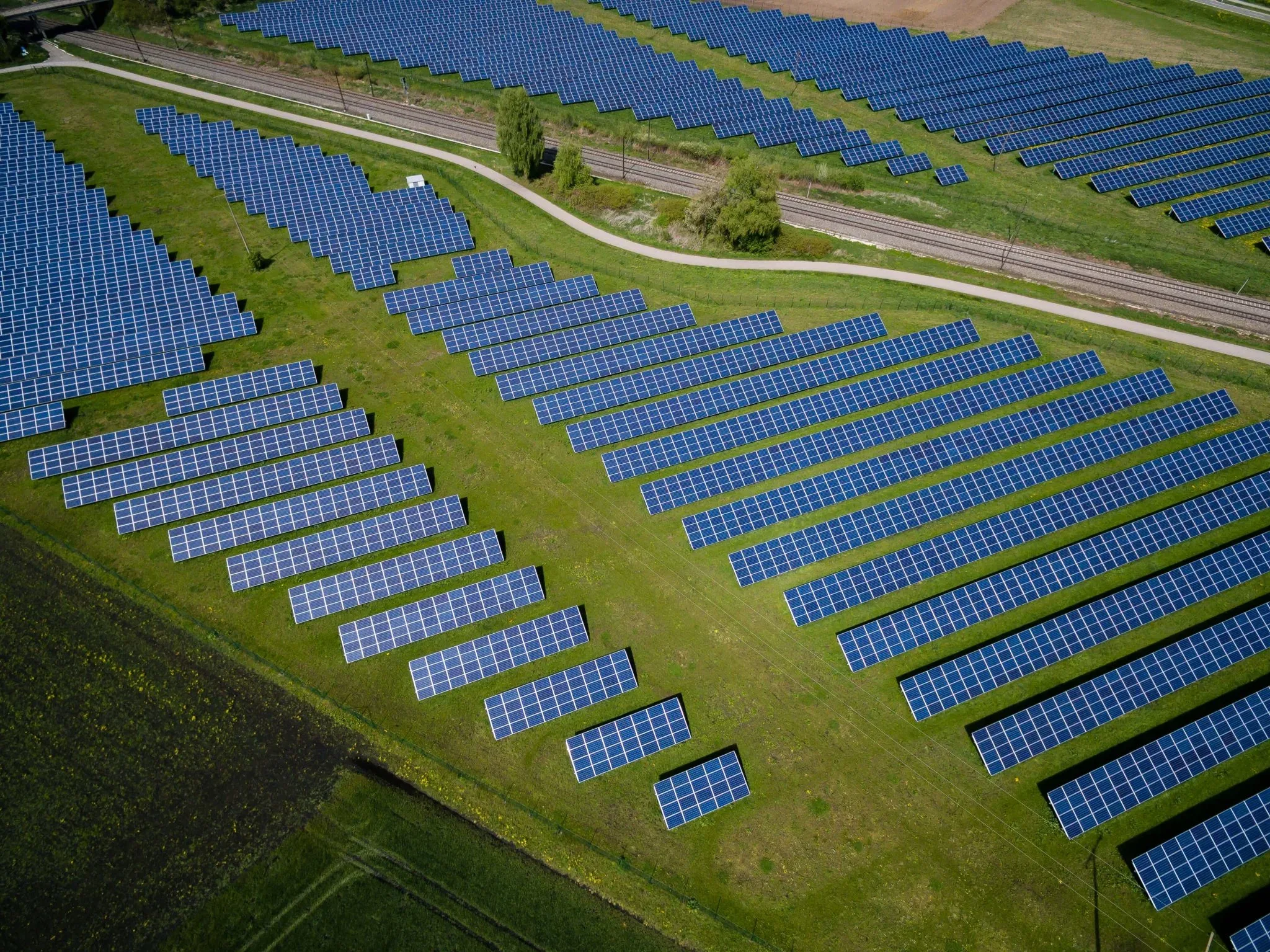You have probably heard of nuclear power, whether from school or the news. It is currently experiencing a significant increase in popularity.
The increasing waste dumping contributes to annual global warming escalation, affecting climate, soil fertility, and other factors.
Nuclear power is touted as a highly dependable energy source with lower greenhouse gas emissions during electricity generation.
Constructing a nuclear power plant has both advantages and disadvantages, as outlined below:
Table of Contents
Pros
- Low pollution: Nuclear power creates fewer greenhouse gases. It has been determined that the pollution level has cut down due to the presence of nuclear power. Nuclear power has the least effect on the environment since it doesn’t discharge any gases like methane and carbon dioxide.
- Low operating costs: Nuclear power produces cheap electricity and the cost of uranium is low.
- Reliability: Nuclear power has a lot of reliability as the duration of uranium can last up to 70-80 years. A nuclear power plant can run uninterrupted for even a year and can also run in any weather condition.
- Proficient than fossil fuels: Nuclear power has a high energy density than fossil fuels which is the primary reason for using this source of energy. The required amount of nuclear power plant is less than what is required by fossil fuels. This is one of the best advantages of not relying on fossil fuels such as oil and gas.
Cons
- Radioactive: A nuclear power plant emits up to 20 metric tons of nuclear power every year. The element that contains nuclear power is uranium, which is highly radioactive and it produces a lot of nuclear waste. The wastes transmit radiation and high temperatures, and it destroy living things and plants around it.
- Environmental damage: The biggest problem with setting up a nuclear power plant is the environmental impact. The process of refining and mining uranium is dirty. Once uranium is used, it cannot be dumped to a landfill site as uranium is dangerous to use.
- Expensive to build: Building a nuclear power plant requires massive investment as it requires giant stores. This process requires permission from several international authorities and regional ministries of the environment.
- Non-renewable: Nuclear power is not a renewable source of energy. Once uranium is utilized, it cannot be produced again and again. Also, the availability of uranium is limited and can be found in certain locations in rocks, soil, and rivers.
- Health hazard: Nuclear power can cause serious health issues such as joint deformity, breathing problems, etc. The situation happened back in 26th April 1986, there was a nuclear accident in Ukraine at Chernobyl Nuclear Power Plant. It was considered the worst nuclear disaster in history.
The answer
All in all, there is no ‘right’ choice of using a sustainable energy source without damaging the environment. Things have to be balanced, and building a nuclear power plant is not an easy task.
Governments and environmental authorities must prioritize producing a sustainable energy source without harming species and the environment. While solar, hydroelectric, geothermal, and biomass are alternative energy sources to be considered, their advantages and disadvantages must also be considered.
So try not to damage the environment and make it go green and clean!





Response to above;
1. Uranium reserves are at least thousands of years, even can be economically extracted from seawater. With the new advanced reactors using thorium and transuranic elements we literally have hundreds of thousands of years of reserves to meet all worldwide energy needs without greenhouse gas emission.
2. Spent fuel is very small in quantity per terawatt generated, stored in lined casks, and has no effect on living things around it as all radiation is shielded.
3. Reactors take up minimal space relative to wind turbines and solar panels which effect the environment much more drastically, especially wildlife. Who wants ugly wind turbines and solar panels everywhere that blow down in hurricanes and tornadoes!
4. Nuclear fission and fusion are virtually renewable with fuel reserves of millions of years.
5. Nuclear power is safer than any other power generation method on a deaths caused per terawatt generated basis. This includes wind and solar.
Thank u for adding this. You can also share this article.
Yes, Uranium sounds promising but also understand the implications nuclear power entails. It is also worth mentioning that if anything goes wrong, its impact will be huge lasting for many generations. Also, it is a non-renewable resource which means we will have to be careful with its use.
Thanks for your thoughts! An accident at a nuclear plant doesn’t necessarily mean long lasting impact. The area around Chernobyl is supporting large numbers of animal and plant life. The area around Fukushima is essentially down to background radiation levels. There were no deaths due to radiation at Fukushima. Even the cities of Hiroshima and Nagasaki returned to human activity within weeks of the atomic bomb attacks. We live in a naturally radioactive world and a small amount of radioactivity is natural. Plants and animals have evolved to coexist with it. It is in our food. Again, the deaths caused per terrawatt of generated electricity is lowest for nuclear power. Safer than wind or solar with far less environmental impact! Thanks for the discussion!
Philip, you are partly right. The impacts don’t necessarily have to be the ones that are apparent. Hiroshima and Nagasaki, and a multitude of other nuclear accidents have resulted in stunted growth of children, some being born with deformities in the surrounding areas. The soil takes a lot of time to recover but most importantly nuclear residues act as mutagens that induce genetic mutations. So, as for the cons, we seriously need to give a thought.
Thanks for the discussion Amnah. Radiation is indeed something we need to respect as potentially dangerous in high doses but if you factor in all risks with other electricity generation technologies such as coal, natural gas, wind, and solar, the number of deaths per terawatt generated is by far the least with nuclear. Even wind turbines and solar panels are potentially dangerous due to accidents. In fact, in a scientific paper by climate scientist James Hanson using nuclear power instead of coal combustion in the late 1900s saved 1.8 million lives from death due to air pollution and explosions. It also saved many millions of tons of CO2 emission. Thanks for your interest! It is a very fascinating and timely topic that we all must discuss and learn! One thing we all agree on is that it is imperative that we decarbonize our energy generation as quickly, safely, and economically as possible. Have a great day!
Thanks for your insight Phil. That’s an interesting fact. Maybe it’s the hefty maintenance cost that is holding people back from building nuclear power plants. About the decarbonization, agreed.
Amnah and Fatima, my friends and I have created a website rethinkingnuclear.org which is informational with lots of links to additional resources. Thanks again for your interest! The world has many challenges that can be overcome by working together!
Hi Phil,
Just dropping my single cent here as this is a really engaging post. Phil, you seem to be an authority on Nuclear Power, I would love to see this article listed on rethinknuclear or some other good place where other readers can learn more.
Further, if you want to contribute anything about this subject, please send us your submission here. https://techengage.com/tip-us/
It will be published here. 🙂
Hope, you will spread the awareness.
Thank you,
Jazib Zaman
Hello Jazib!
Thanks for your note! I have been interested in clean energy generation for years. I am a retired physician radiology professor at the University of Wisconsin in the US and have interests also in radiation biological effects, the linear no threshold theory of radiation effect, and nuclear energy as it compares to wind and solar generation. Here is the link to the website that my group has put together.
I haven’t done much writing. I now live in Fredericksburg Virginia US so am close to Washington DC and hope to participate in development of nuclear energy policy on a federal level. In my opinion the energy future of the world is everything electric and modern next generation nuclear technology nuclear as our electricity source. Thanks for your interest!!